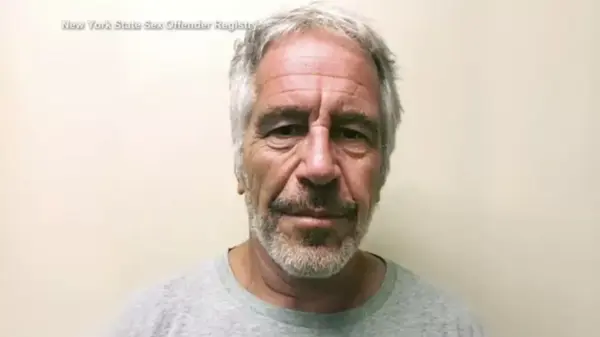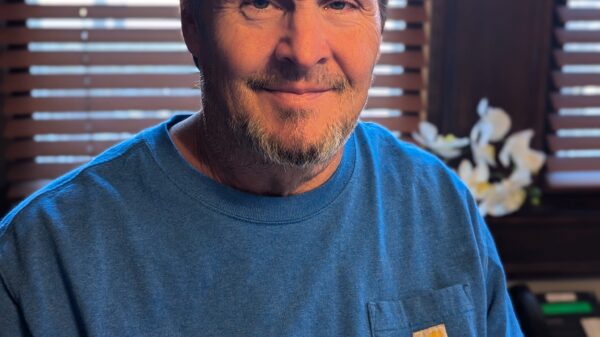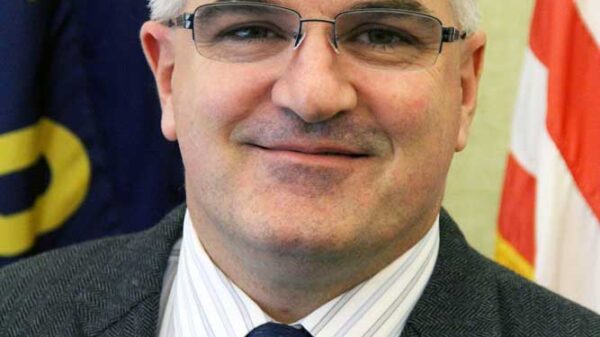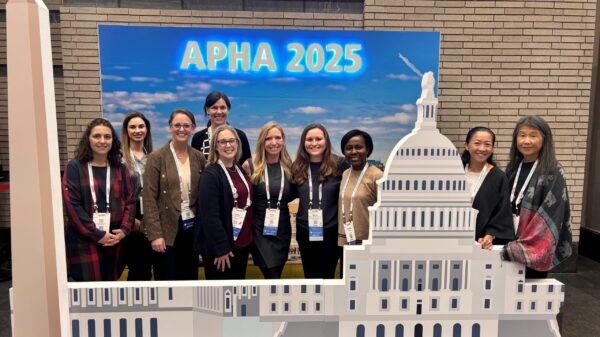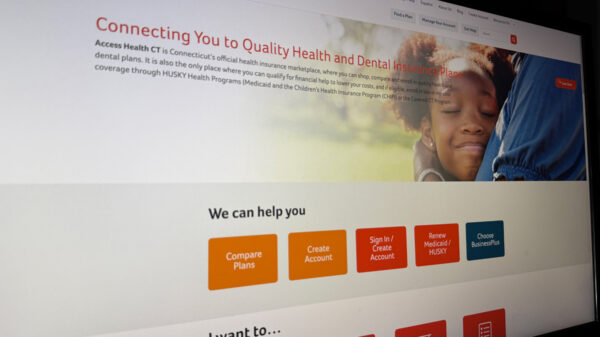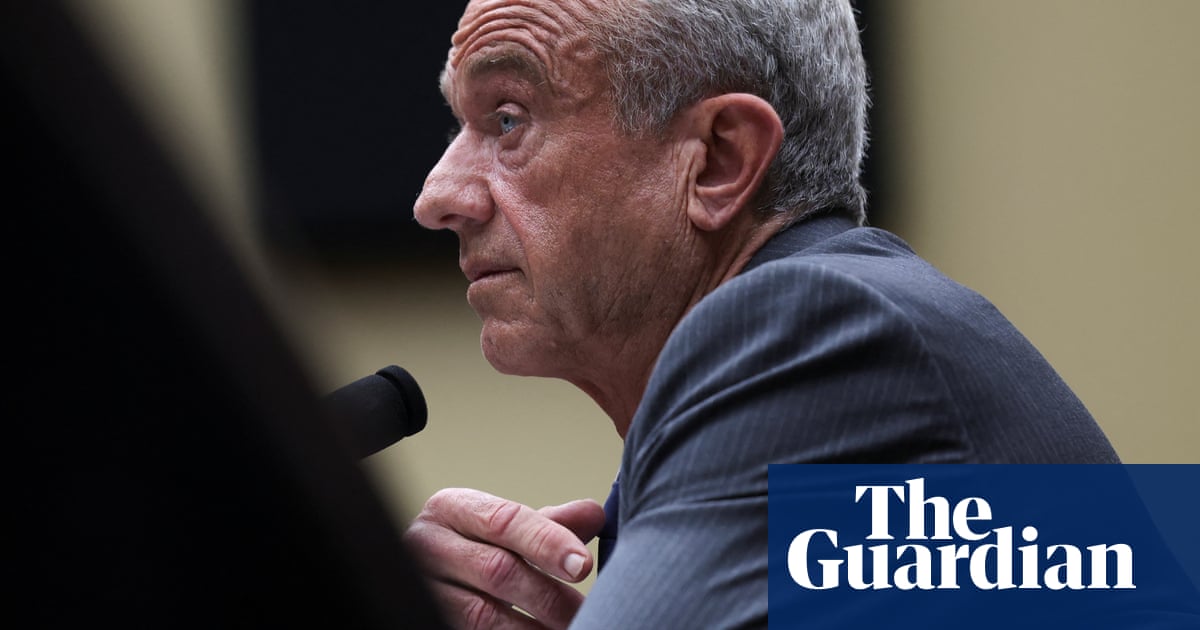A pregnant physician has filed a lawsuit against the Trump administration, alleging that its policies have obstructed access to Covid-19 vaccines for pregnant women. The lawsuit, supported by several leading doctors’ associations, accuses the administration of promoting “anti-vaccine and anti-science rhetoric,” according to the plaintiffs’ attorney.
The legal action targets Health Secretary Robert F. Kennedy’s controversial decision to advise against Covid-19 vaccinations for pregnant women and healthy children. This decision, made without consulting scientific review panels, contradicts existing research indicating that pregnant women are at increased risk from the virus.
“This administration is an existential threat to vaccination in America, and those in charge are only just getting started,” stated Richard H. Hughes IV, a partner at Epstein Becker Green and lead counsel for the plaintiffs.
Medical Associations Join the Legal Battle
The lawsuit has garnered support from prominent organizations, including the American Academy of Pediatrics, the American College of Physicians, and the American Public Health Association. These groups argue that Kennedy’s policies could lead to a significant public health crisis.
“If left unchecked, Secretary Kennedy will accomplish his goal of ridding the United States of vaccines, which would unleash a wave of preventable harm on our nation’s children,” Hughes warned. He emphasized that medical professionals will not allow the dismantling of the country’s vaccination system.
Policy Changes and Their Implications
In late May, Kennedy announced via social media that the Centers for Disease Control and Prevention (CDC) would no longer recommend Covid-19 vaccines for healthy children or pregnant women. This announcement contradicted a substantial body of evidence, including findings from the administration’s own scientific leaders, highlighting the heightened risk faced by pregnant women and infants.
Further escalating the situation, Kennedy dismissed all 17 members of a crucial vaccine advisory panel to the CDC in June. This panel plays a vital role in shaping vaccine recommendations, which insurers use to determine coverage.
By the Numbers: The U.S. is experiencing its highest annual measles case count in 33 years, coinciding with increased parental demand for early childhood vaccinations.
Historical Context and Expert Opinions
The current controversy is not without historical precedent. Vaccine hesitancy has been a recurring issue in public health, often exacerbated by misinformation and political influence. Experts warn that undermining vaccine confidence could reverse decades of progress in controlling infectious diseases.
Dr. Jane Doe, a leading epidemiologist, commented, “The dismissal of scientific panels and the spread of anti-vaccine rhetoric pose serious threats to public health. We must rely on evidence-based practices to guide our vaccination policies.”
Looking Ahead: Potential Consequences and Next Steps
The lawsuit’s outcome could have far-reaching implications for vaccine policy in the United States. If successful, it may reinforce the role of scientific evidence in public health decision-making and restore confidence in vaccination programs.
As the legal proceedings unfold, public health experts and policymakers will closely monitor the situation. The case underscores the ongoing tension between political agendas and scientific integrity in shaping health policies.
Meanwhile, the medical community remains steadfast in its commitment to safeguarding public health. As Hughes concluded, “This ends now.”












